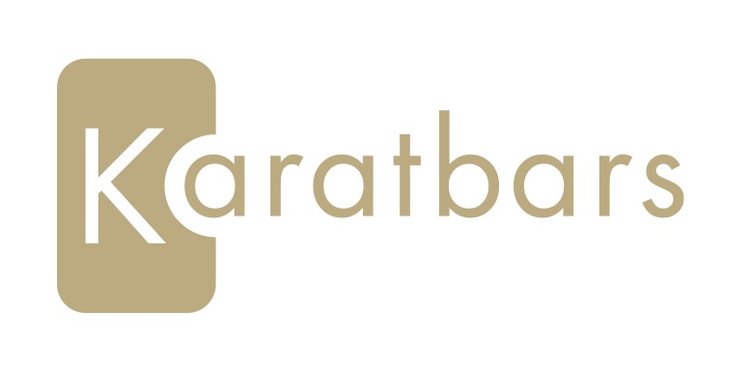Karatbars International GmbH is a German blockchain- and gold-related company with the aim of changing how the current financial system is being run. It also plans to restore gold’s status as a store of value and a method of payment using blockchain technology.
The CEO and founder of Karatbars, Harald Seiz, is a revered personality in the world of gold and blockchain. A visionary that is driven with passion, it was this same passion that prompted him to create the Karatbars brand.
And by combining his love and in-depth knowledge of gold and blockchain, Seiz managed to create something great.
According to Karatbars CEO, Germany will dominate the blockchain industry
Harald Seiz is among the few people who believe that Germany will dominate the blockchain industry, even if not immediately. However, the nation is already taking steps that will see it spearhead a new world order, a world that will be run by decentralized blockchain systems.
He says that, although there will be many competitors, he has a lot of reasons to believe that Germany will be a massive force to reckon with when the time comes. “Although the country is taking steps that will help place it above a host of nations, a lot of competition will follow suit,” he said.
Why Germany will dominate the blockchain sector
The founder of Karatbars made it clear that the new strategy of the German government to implement blockchain into all of its affairs that concern digital identity, security, securities, and corporate finance is a huge step that really will help set the nation apart from every other nation regarding its development.
This strategy was recently approved, and it sets the priorities of the German government in the blockchain space. This is a strategy that came about as a result of comprehensive consultations with industry experts.
Starting last spring, 158 experts and company representatives submitted a combined 6,261 responses. This is an approach that embraces open-source software, and the government will be given total control.
Identity exploration
The German government wants to launch a pilot project for blockchain-based digital identity in the near future, although it hasn’t given any specific time frame. This project is aimed at studying the usefulness of the technology for things like maintaining civil status records, document registration, passports, and ID cards.
Although the German government is examining if blockchain-based digital identity can provide a clear added value in comparison to the current solution and comply with the legal data protection requirements at the same time, it is believed that the German public already trusts the government as the primary guardians of citizen’s personal information.
Smart machines and smart contracts
This new strategy by the German government is expected to consider blockchain technology, multiple-factor authentication, an embedded SIM/embedded Universal Integrated Circuit Card, and other hardware and software procedures.
The government plans on using blockchain and smart contracts to maintain standards and certifications, and the technology will be applied in a way that will be easily understood by an ordinary user.
There have been calls for this application to be partially controlled by the public and certified by an official institution. Also, to enhance the interoperability of future tech solutions, the strategy will make use of open-source software.
Faster securities
With this strategy, Germany is committed to allowing its securities to exist in a purely digital form by legitimizing distributed ledger technology-based securities as initially announced by the nation’s Ministry of Finance.
Securities issued on the blockchain will allow for the execution and settlement of securities transactions to be carried out more cost-effective and faster than it has ever been done before. The government drafted a law on digital securities that allows for new legislation to be technology-neutral and only relate to digital bonds in its first iteration.
The government will also explore the ways in which the blockchain can be used for corporate governance and serve cases like share settlement, the use of membership rights in cooperatives, the exercise of share rights and many others.
Although no cryptocurrency was named as an object of regulation in the plans of the German government, it is believed that the government does not want any stablecoin to gain dominance in the country, and certainly not in the EU.


